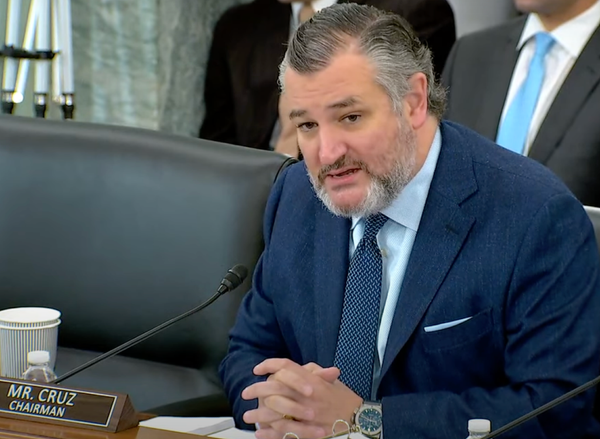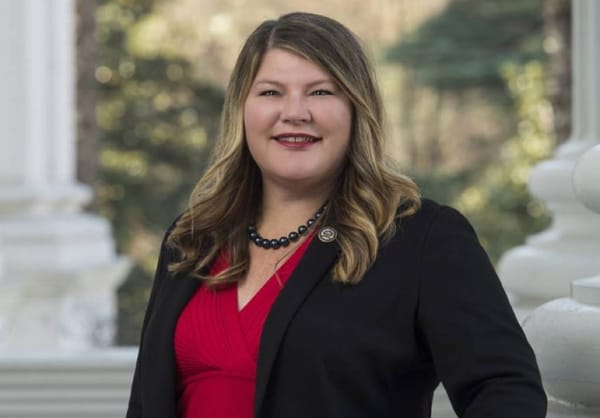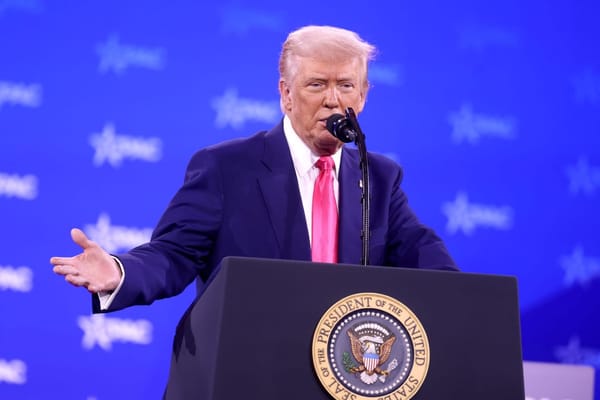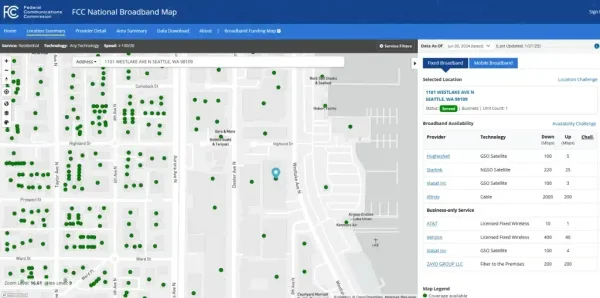Broadband Breakfast on January 22, 2025 - Recapping the State of the CHIPS Act
With a Republican-controlled House, questions remain about its long-term impact and viability.
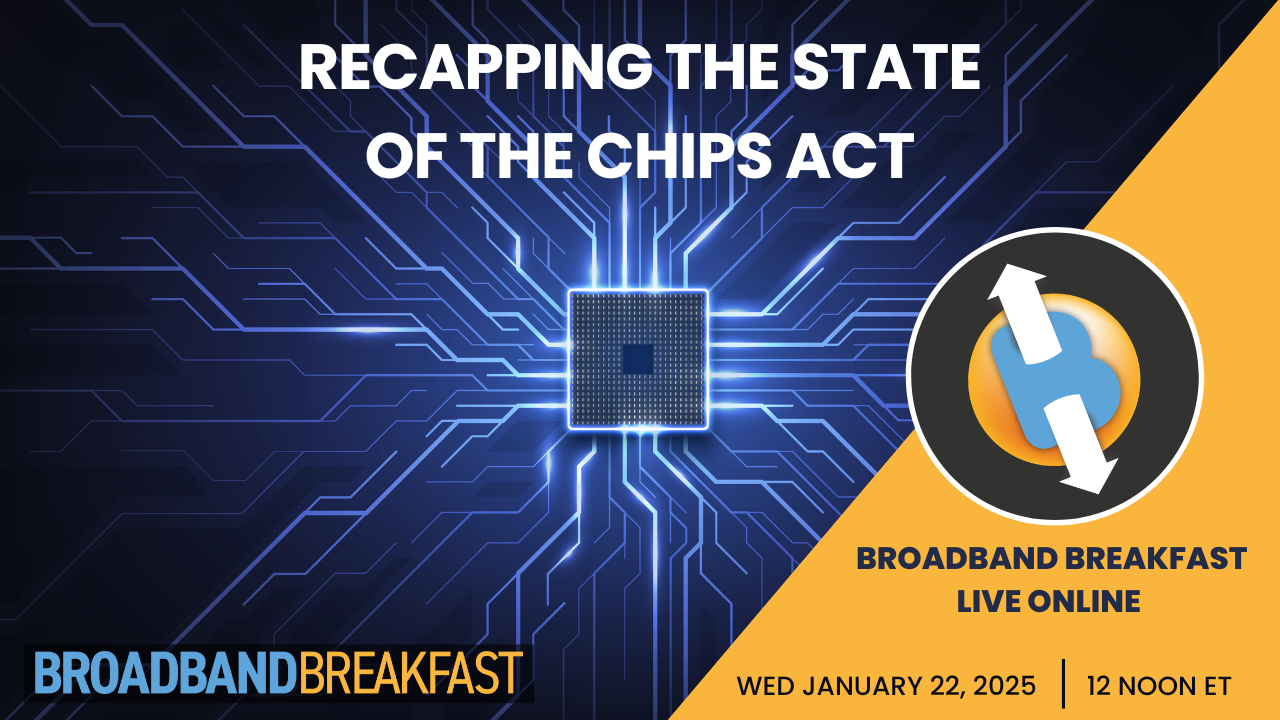
Nearly two-and-a-half-years since the CHIPS and Science Act of 2022 was signed into law, the initiative to bolster domestic semiconductor manufacturing and innovation is reshaping the U.S. economy. With a $53 billion investment, the act has created over 115,000 jobs, spurred workforce development programs, and positioned the U.S. on track to produce 30% of the world’s semiconductor chips by 2032 - up from just 10% today. Yet, the road ahead is not without challenges. With a Republican-controlled House, questions remain about its long-term impact and viability. Can the CHIPS Act strengthen U.S. leadership in technology? How will politics affect it?
Panelists
- Stephen Ezell, Vice President, Global Innovation Policy, and Director, Center for Life Sciences Innovation, ITIF
- Gary Hufbauer, nonresident senior fellow, Peterson Institute for International Economics
- Mimi Strobel, Senior Director, Policy and Government Relations, Nokia
- Bryan Clark, Director, Hudson Institute's Center for Defense Concepts and Technology
- Drew Clark (moderator), CEO and Publisher, Broadband Breakfast
Panelist Resources




Stephen Ezell is Vice President, Global Innovation Policy at the Information Technology and Innovation Foundation (ITIF) and Director of ITIF’s Center for Life Sciences Innovation. He also leads the Global Trade and Innovation Policy Alliance. His areas of expertise include science and technology policy, international competitiveness, trade, and manufacturing. Ezell is the coauthor of Innovating in a Service-Driven Economy: Insights, Application, and Practice (Palgrave Macmillan, 2015) and Innovation Economics: The Race for Global Advantage (Yale, 2012). Ezell holds a B.S. from the School of Foreign Service at Georgetown University, with an honors certificate from Georgetown’s Landegger International Business Diplomacy program.
Gary Clyde Hufbauer is a Nonresident Senior Fellow of the Peterson Institute for International Economics, living in New Mexico. Before joining the Peterson Institute in 1985, he was the Marcus Wallenberg Professor of International Financial Diplomacy at Georgetown University. Hufbauer has written extensively on international trade, international taxation, and economic sanctions.
Mimi Strobel currently serves as Senior Director of Policy and Government Relations for Nokia, where she works with a team covering advocacy and outreach with the U.S. Congress and the Administration on a wide range of topics including technology, telecommunications, innovation/emerging tech R&D, trade, and the business and geopolitical impacts of various issues. She also leads Nokia’s work regarding the CHIPS and Science Act, including Nokia’s membership with the
National Semiconductor Technology Center.
Bryan Clark is a senior fellow and director of the Center for Defense Concepts and Technology at Hudson Institute. He is an expert in naval operations, electronic warfare, autonomous systems, military competitions, and wargaming. From 2013 to 2019, Mr. Clark was a senior fellow at the Center for Strategic and Budgetary Assessments (CSBA), where he led studies for the Office of Net Assessment, Office of the Secretary of Defense, and Defense Advanced Research Projects Agency on new technologies and the future of warfare.
Breakfast Media LLC CEO Drew Clark has led the Broadband Breakfast community since 2008. An early proponent of better broadband, better lives, he initially founded the Broadband Census crowdsourcing tool to collect and verify broadband data left unpublished by the Federal Communications Commission. As CEO and Publisher, Clark presides over the leading media community advocating for higher-capacity internet everywhere through topical, timely and intelligent coverage. Clark also served as head of the Partnership for a Connected Illinois, a state broadband initiative.









